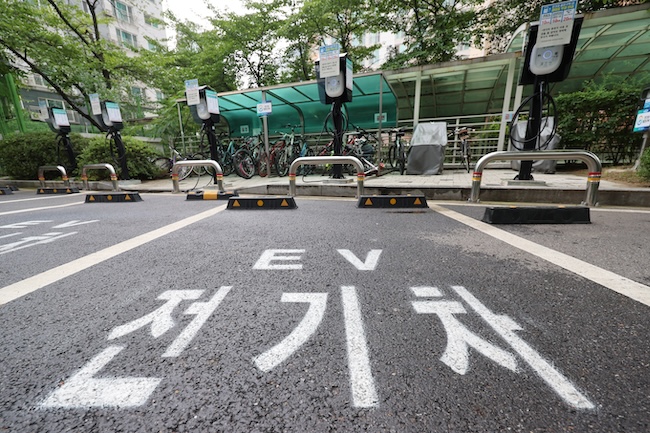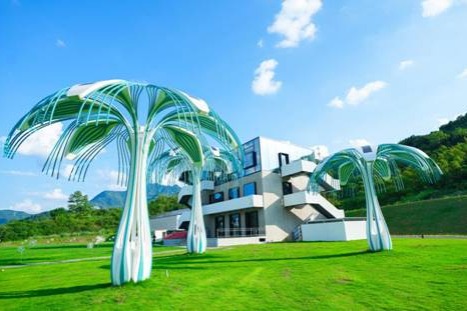Incheon, South Korea’s third-largest city, is witnessing a notable slowdown in electric vehicle (EV) adoption, reflecting a broader national trend. According to recent data from the Incheon city government, EV registrations have declined for two consecutive years following a peak in 2022.
Declining EV Registrations and Budget Adjustments
From January to July 2024, only 2,607 new EVs were registered in Incheon, representing just 37% of the total 6,953 vehicles added in 2023. This year’s registrations include 2,197 passenger cars (84.3%), 404 cargo vehicles (15.5%), and six buses (0.2%). In response to this slowdown, city officials have revised their initial projections. Incheon had initially allocated 91.7 billion won in subsidies for EV purchases in 2024, expecting 14,939 new registrations. However, the city reduced this budget by 37.7 billion won in June due to lower-than-expected demand.
The downward trend is significant when compared to previous years. EV registrations in Incheon climbed from 2,430 in 2020 to 5,667 in 2021, reaching a peak of 11,900 in 2022. This growth trend reversed in 2023, with only 6,953 EVs registered.
Factors Contributing to the Slowdown
City officials attribute the deceleration in EV adoption to several key factors. Higher upfront costs compared to conventional vehicles, decreasing government subsidies, and charging inconveniences are among the primary concerns. Additionally, emerging safety issues, particularly related to EV fire risks, have further dampened consumer interest.
One significant factor is the disparity in subsidies between EVs and hydrogen fuel cell vehicles. While EV buyers can receive up to 10.06 million won per passenger car, hydrogen vehicle purchasers are eligible for subsidies of up to 32.5 million won. This considerable difference in financial support has impacted consumer decisions.
Addressing Infrastructure and Safety Concerns
As of June 2024, Incheon had 46,697 registered EVs, accounting for 2.7% of the city’s total 1.74 million vehicles. The city has installed 19,573 charging stations, including 1,486 rapid chargers, resulting in a ratio of one charger per 2.4 EVs. Despite this infrastructure, charging accessibility, particularly in apartment complexes, remains a challenge that the city plans to address.
An Incheon city official noted that the recent slowdown in EV growth aligns with national trends. The surge in purchases around 2022, driven by government incentives, has been followed by a decline as these incentives tapered off and safety concerns emerged. The city plans to evaluate and improve its charging infrastructure, especially in residential areas, to support continued EV adoption while addressing safety issues.
This situation highlights the evolving dynamics of the electric vehicle market in South Korea. As the country pushes towards green energy policies and sustainable transportation, the interplay of subsidies, infrastructure, and consumer confidence will be crucial in shaping the future of EV adoption.
Source:koreabizwire.com





